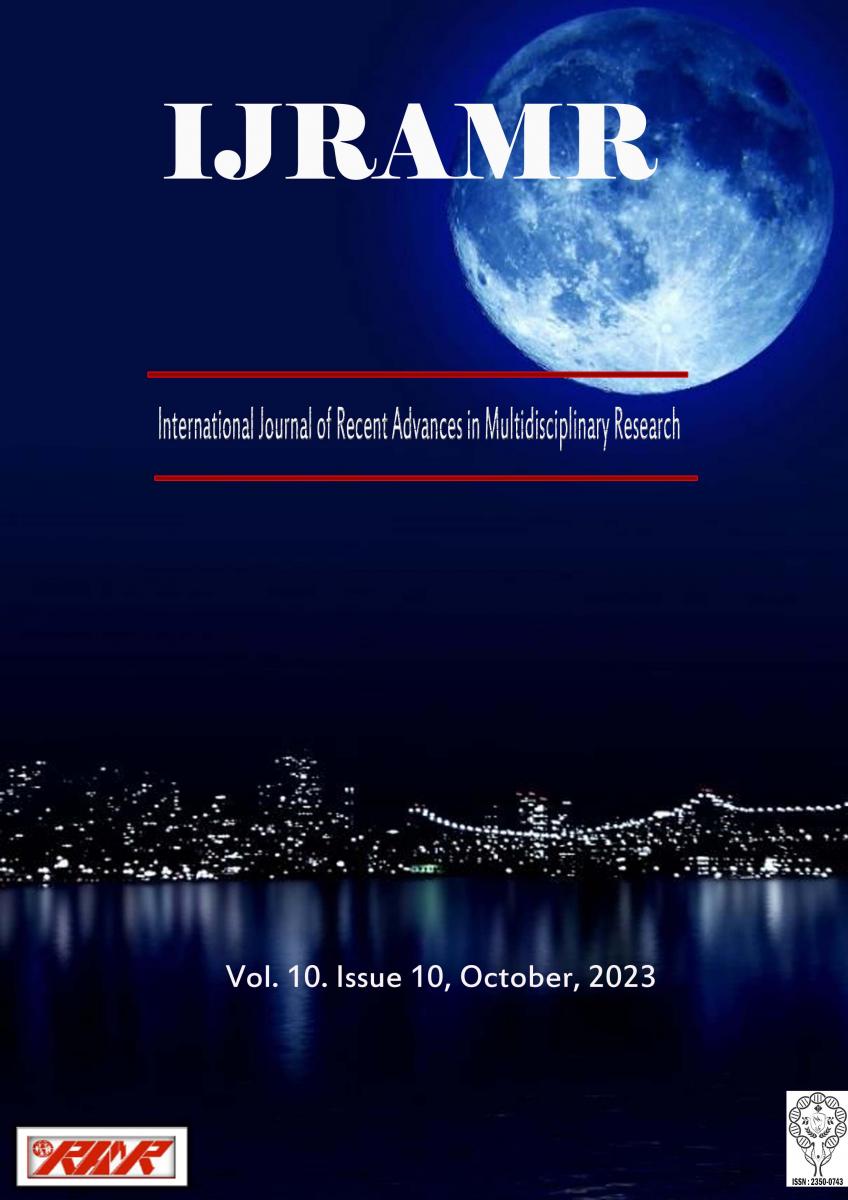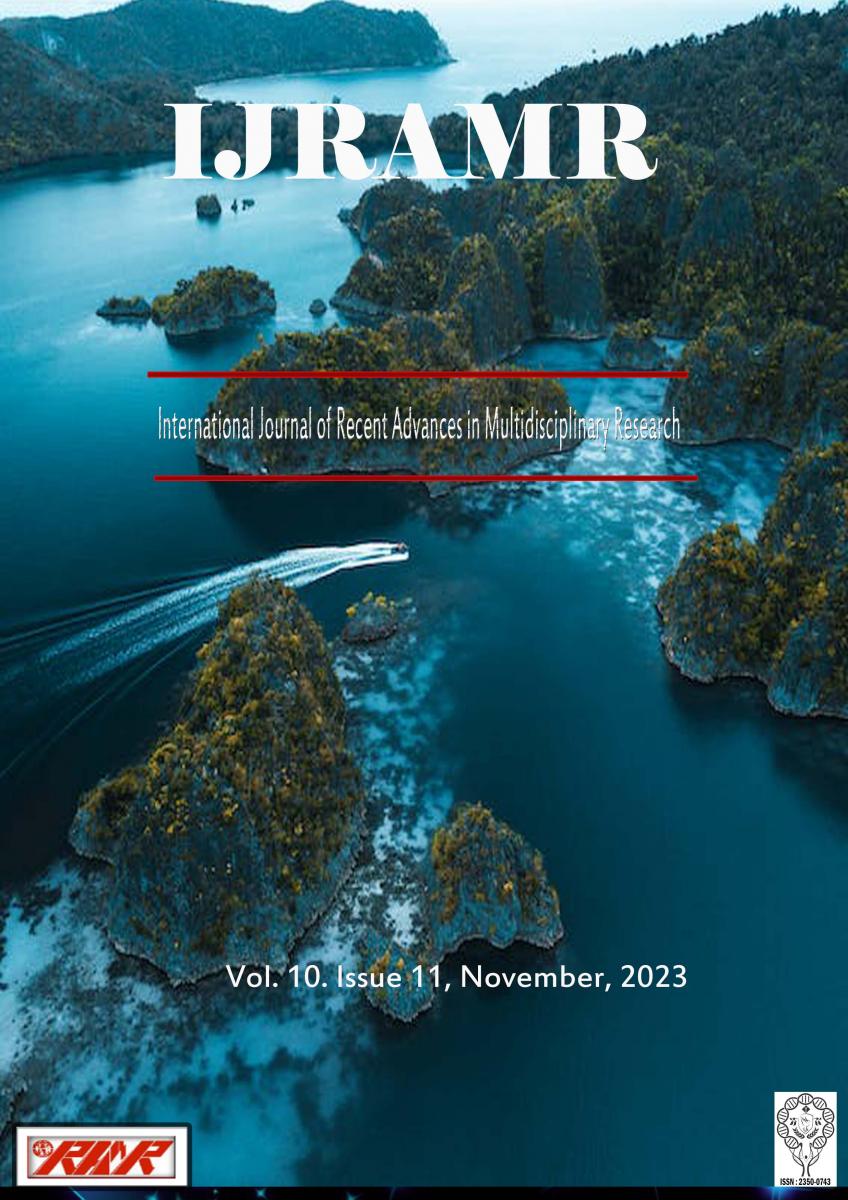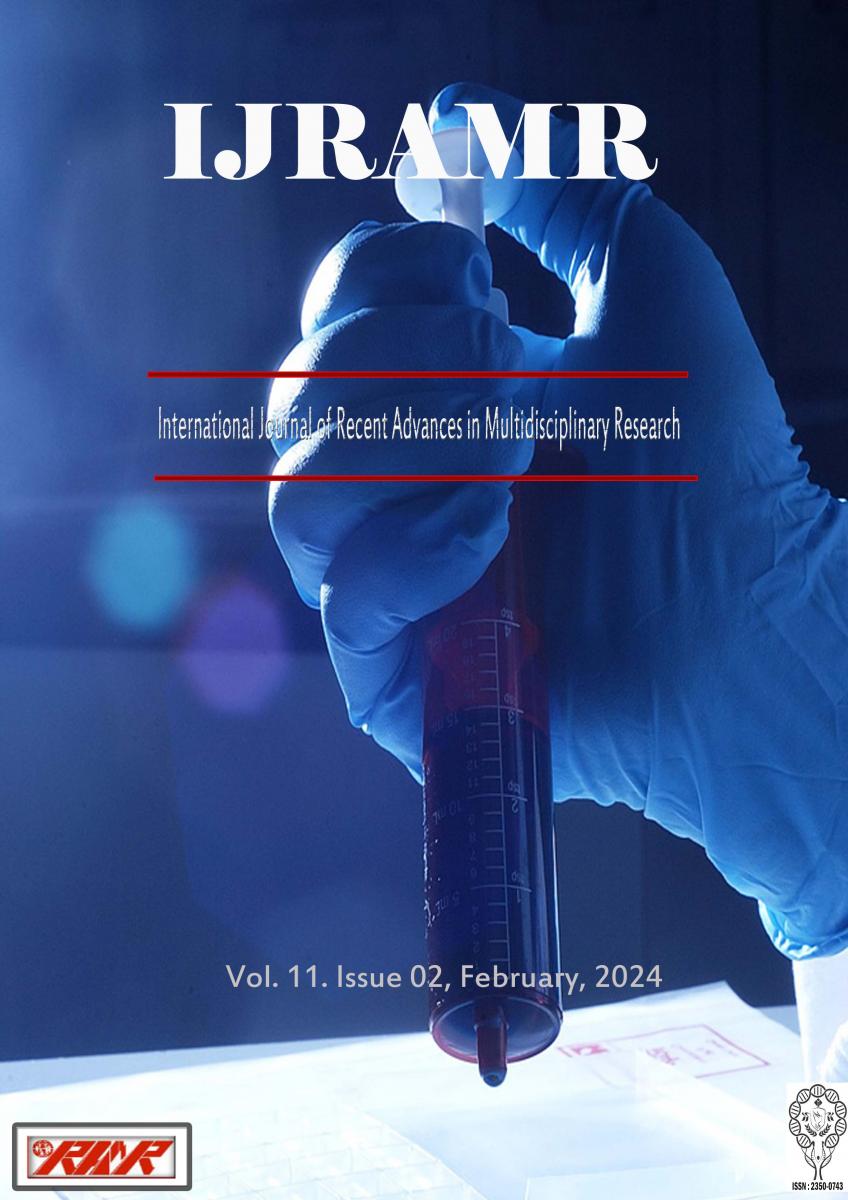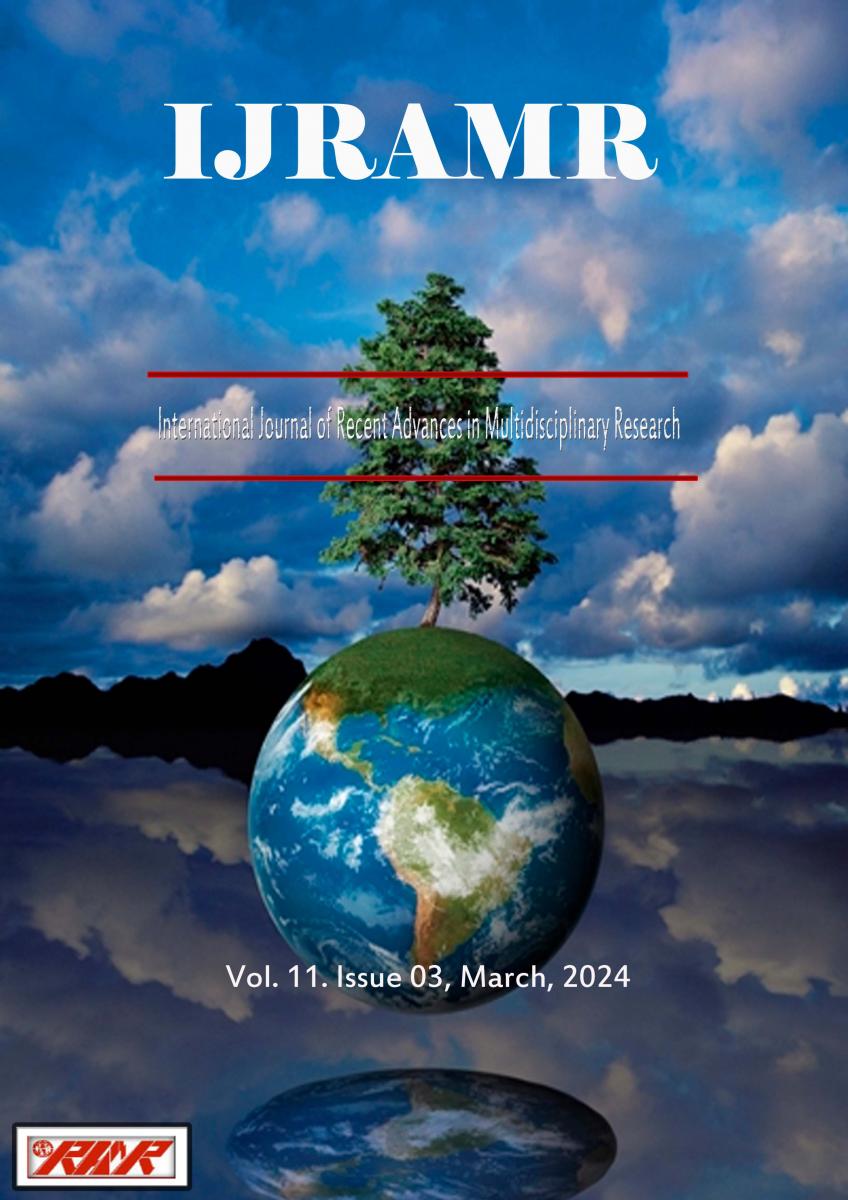The current study investigated the effect of Board Leadership Capacity on Firm’s Economic Sustainability of Financial Services companies in Nigeria. Secondary data were obtained from published financial reports and accounts of active Financial Services companies listed on the Nigerian Exchange Group for ten years (2011 – 2020). The variables of interest are, Board Meeting, Board Independence, Board Diversity, while the dependent variable Economic Sustainability was proxied as Tobin Q (TOBQ). Three null hypotheses were formulated for the study and secondary data obtained from the financial statements of the companies. The data were analysed using descriptive analysis, correlation matrix, and regression analysis. The Random Effects Generalized Least Square (GLS) regression result revealed that Board Diversity (BOGD) has significant effect on firm’s economic sustainability of Financial Services companies in Nigeria at 5% level of significance. On the contrary Board Meetings (BMET), and Board Independence (BODI) scores revealed an insignificant effect on firm’s economic sustainability of Financial Services companies in Nigeria. Consequent on the findings, the study therefore recommended among others Board Diversity should be encouraged in other to introduce capacity for leadership in the board as this cut across gender, age, Professional qualification, work experience and cultural diversity. Implying that board leadership compositions that are heterogeneous have the advantage of adding more value and optimising firm’s economic advantage.






